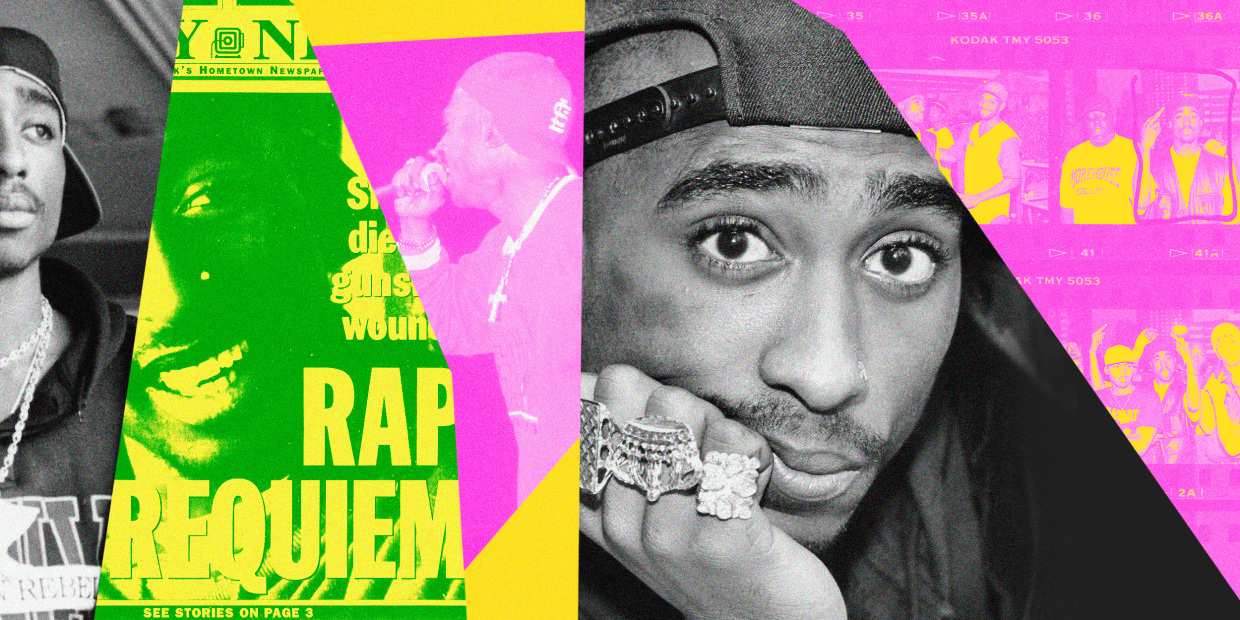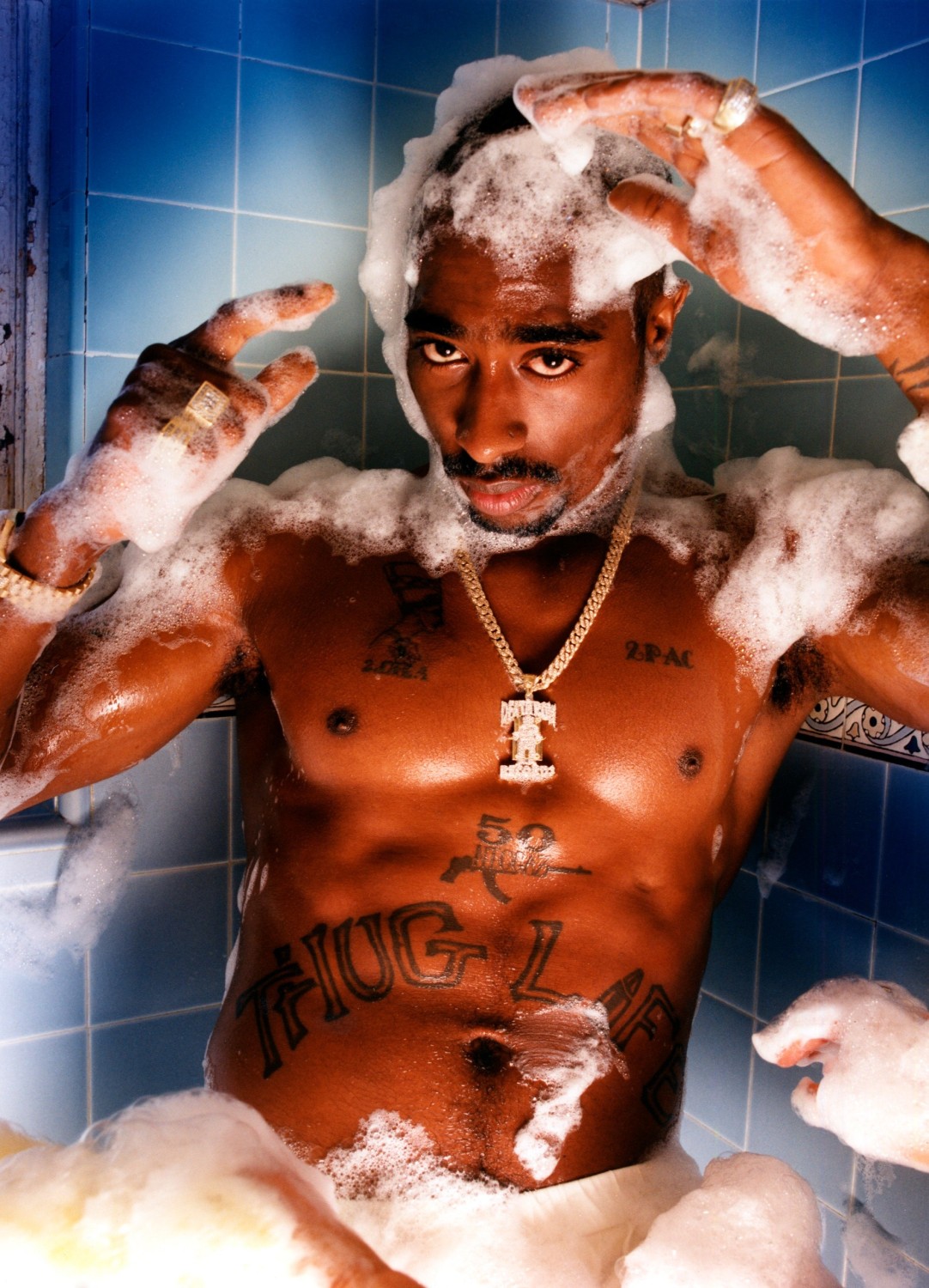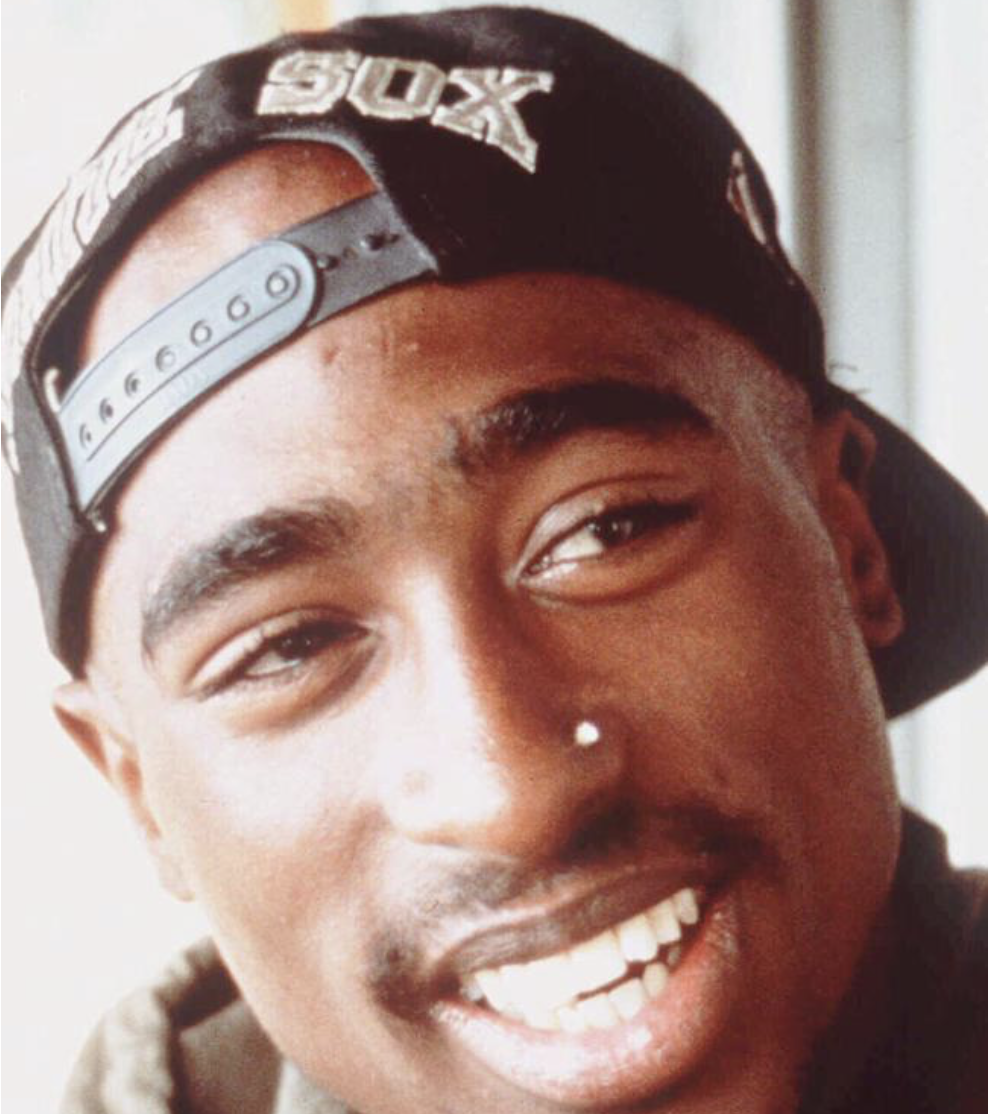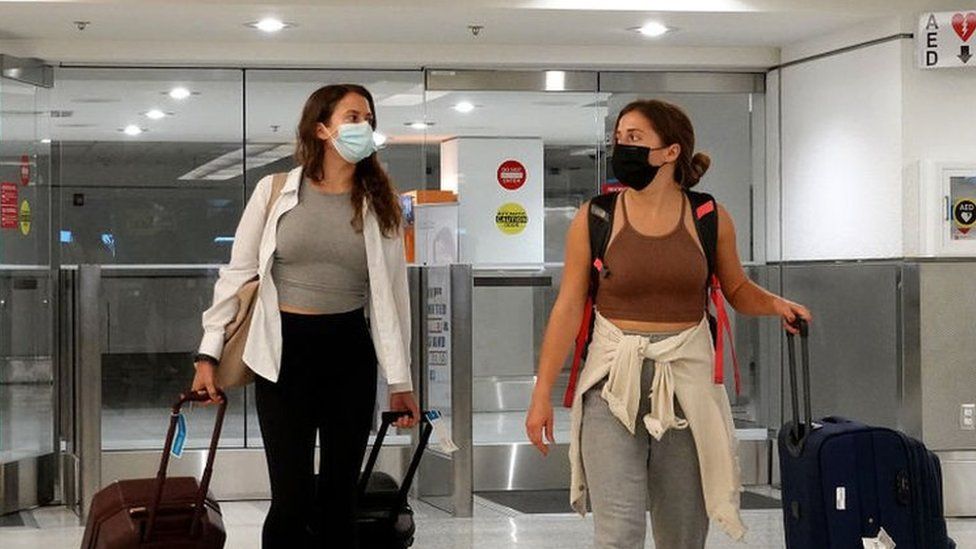This article is more than
4 year old‘MASSIVE INFODEMIC’: Coronavirus crackdown forces changes to Google
The World Health Organisation (WHO) has issued a crackdown on social media giants including Google, Twitter and Facebook to combat the dangerous spread of “misinformation” about the deadly coronavirus online.
The outbreak of the novel virus in China has sparked a “massive infodemic” with an “overabundance of information – some accurate and some not – (making) it hard for people to find trustworthy sources and reliable guidance when they need it”, the agency warned on Sunday.
WHO chief Tedros Adhanom Ghebreyesus said the agency was now working with Google and several social media giants to make sure people were getting the facts.
“We have worked with Google to make sure people searching for information about coronavirus see WHO information at the top of their search results,” he said in his opening remarks at the UN health agency’s executive board meeting in Geneva on Monday.
“Social media platforms including Twitter, Facebook, Tencent and Tiktok have also taken steps to limit the spread of misinformation,” he said.

when people search for news on the coronavirus. Picture: SuppliedSource:Supplied
The WHO said its staff were “working 24 hours a day” to identify the most prevalent rumours that could potentially harm the public’s health.
It has debunked several false claims on Twitter, including that eating sesame oil or garlic can help prevent and cure the disease.
RELATED: Anti-vaxxers push crazy coronavirus conspiracy
RELATED: Fake coronavirus warning a ‘racist’ hoax
Perhaps the most prominent piece of fake news came when Chinese vlogger Wang Mengyun was forced to defend a video she shared online of her eating a bowl of bat soup. She had received death threats when the clip went viral in the wake of coronavirus and was circulated by media outlets.
However it was actually filmed in May 2016 in Palau, Micronesia.
“Recently it was turned over by some accounts sponging off the heat and fanning out malicious panic,” she said.
Q: Does putting on or eating sesame oil block the #2019nC0V from entering the body?
— World Health Organization (WHO) (@WHO) February 1, 2020
A: No. Sesame oil is delicious but it does not kill 2019-nCoV.#KnowTheFacts pic.twitter.com/vJU7i1VXjb

led to death threats for her. Picture: YouTube.Source:Supplied
Other conspiracy theories include the virus as a distraction from President Trump’s impeachment trial, a genetic bioweapon, or something caused by the damage 5G has done to Chinese immune systems.
Fake solutions circulating online including drinking bleach or that there were no go suburbs in Australia – both of which are patently false.
On Friday last week Facebook said it would “remove content with false claims or conspiracy theories that have been flagged by leading global health organisations and local health authorities that could cause harm to people who believe them”.
Twitter announced it would “adjust search prompt in key countries across the globe to feature authoritative health sources when you search for terms related to novel #coronavirus.”

DEATH TOLL SURPASSES SARS
Dr Adhanom Ghebreyesus’ comments on Monday were interrupted by a fit of coughing, but the WHO chief assured the assembly that there was no need to worry.
“It is not corona,” he said.
He spoke as the death toll in China surged above 360, surpassing the number of fatalities in the country from the Severe Acute Respiratory Syndrome (SARS) outbreak of 2002-03.
The number of infections in China also jumped significantly on Monday, passing 17,200.
The 57 confirmed new deaths on Monday was the single-biggest increase since the virus was detected late last year in the central city of Wuhan, where it is believed to have jumped from animals at a market into humans.
The virus has since spread to more than 24 countries, including Australia, despite many governments imposing unprecedented travel bans on people coming from China.
The first foreign death from the virus was reported in the Philippines on Sunday.
Meanwhile, the world’s youngest coronavirus patient, a 9-month-old baby, also reportedly recovered from the disease in Beijing.

The WHO declared the crisis a so-called Public Health Emergency of International Concern (PHEIC) last week, with Dr Tedros reiterating the rare declaration was not taken due to lack of confidence in China’s handling of the situation.
It was “taken primarily because of the signs of human-to-human transmission outside China, and our concern of what might happen if the virus were to spread in a country with a weaker health system,” he said.
The WHO has also advised against “measures that unnecessarily interfere with international travel and trade”, at a time when a wide range of countries are advising against travel to China and even closing their borders to people travelling from the country.
- With wires
Newer articles
<p>The British singer/songwriter/DJ will perform at Warner Theatre on May 16.</p>
For Putin, Gaza is an endless gift
Bombshell new theory on Titan sub disaster
Russia pounds Ukraine with biggest airstrikes in weeks
Woman'sCanadian citizenship revoked after 32 years amid 'error'
‘Orange turd’: Porn star’s swipe at Trump
WWE icon ruthlessly axed after 32 years
Justin Bieber announces huge personal news
Netflix edits out awkward Kim moment
How Kendrick Lamar and Drake changed rap beefs forever Rapid-fire releases and fast pace of modern life elevate diss war to levels unparalleled in hip-hop history.




